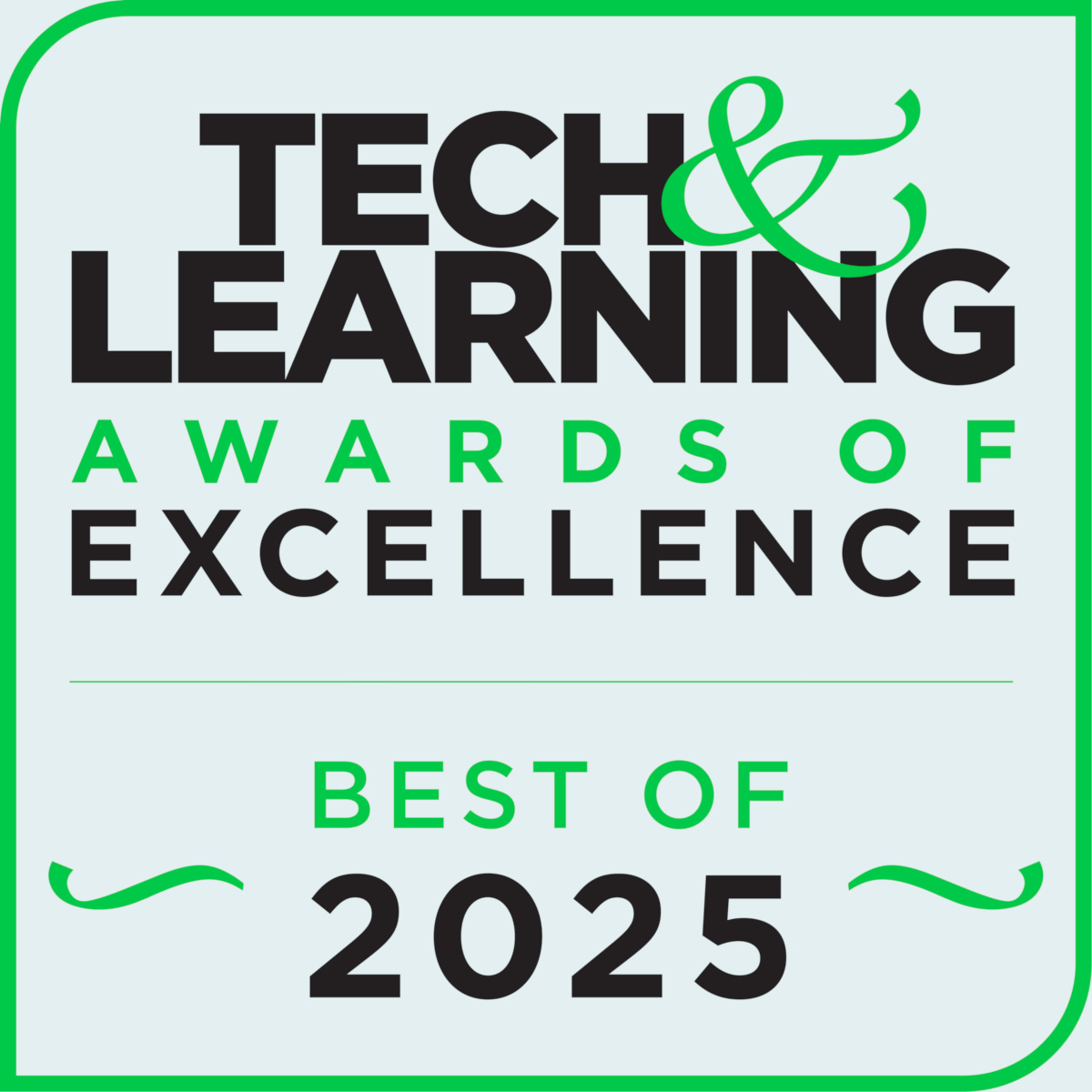Highlights from TEDxPhiladelphiaEd 2011
by Kevin Jarrett
Attendees gather at the collaborative space in Wharton’s Huntsman Hall.
The first TED talk I ever saw was “Pattie Maes and Pranav Mistry demo SixthSense.” It blew me away. Before long, I was enamored with all things “TED.”
TED’s mission is to create events with “ideas worth spreading.” Amid cries of elitism, a spinoff initiative, “TEDx” was born. TEDx events are essentially “mini-TEDs” that are locally planned and much less exclusive (though they are still invitation-only). TEDx’s quickly began appearing all over the world. In March 2009, there were just two. By June 2010, 610 had been held. By March 2011, 1,579 TEDx events had occurred worldwide.
Some of those TEDx’s were education-focused. Unfortunately, the TEDx application process is difficult, resulting in demand far outstripping supply. I was fortunate enough to be able to attend TEDxNYEd in 2010. When I heard that TEDxPhiladelphiaEd was happening during ISTE 2011, I knew I had to apply. Unfortunately, I didn’t make the cut, but my EdCamp Philly colleague Kristen Swanson did and invited me to attend as her guest.
On the day of the event, discussing the event with friends and colleagues, I was surprised by the pushback. One said they preferred to attend EduBloggerCon so they could “talk and learn, not sit and listen.” Another said they felt, for them, TEDx looked like the “same old, same old.” While I understand where both of these people are coming from, I think they missed an incredible opportunity. It is true that TEDxPhiladelphiaEd was a “sit and listen” event. It was not, however, the “same old, same old.”
Speaker Barbara Chandler Allen discusses her work with FreshArtists.org.
Tools and ideas to transform education. Sign up below.
Here are some of my favorite moments:
¦ Hearing Barbara Chandler Allen tell us about her work with FreshArtists.org, her project connecting K-12 inner-city kids to art and philanthropy.
¦ Watching Matt McGinnis, CEO of a startup called Inkling, demonstrate his company’s interactive textbook.
¦ Listening to Sinnea Douglas, a high school senior at the Science Leadership Academy, command the stage with her powerful poem, “When I Become a Teacher.”
¦ Learning about classroom management and making a difference in students’ lives with child psychologist Dr. Stewart Pisecco. My takeaway from his talk: if you think you can’t make a difference— even if you’re seemingly the only person in the student’s corner—you not only CAN, you MUST.
¦ And last, watching my colleague and friend Kristen Swanson share the vision and story behind EdCamp Philly, an unconference that has spawned a nationwide movement toward participant-directed professional development.
The phrase “standing on the shoulders of giants” is popular these days, and TED is a living, breathing, embodiment of that philosophy. The true power of TED and TEDx is the network. The result: a phenomenon with the potential to change the way professional development is done in school districts nationwide.
